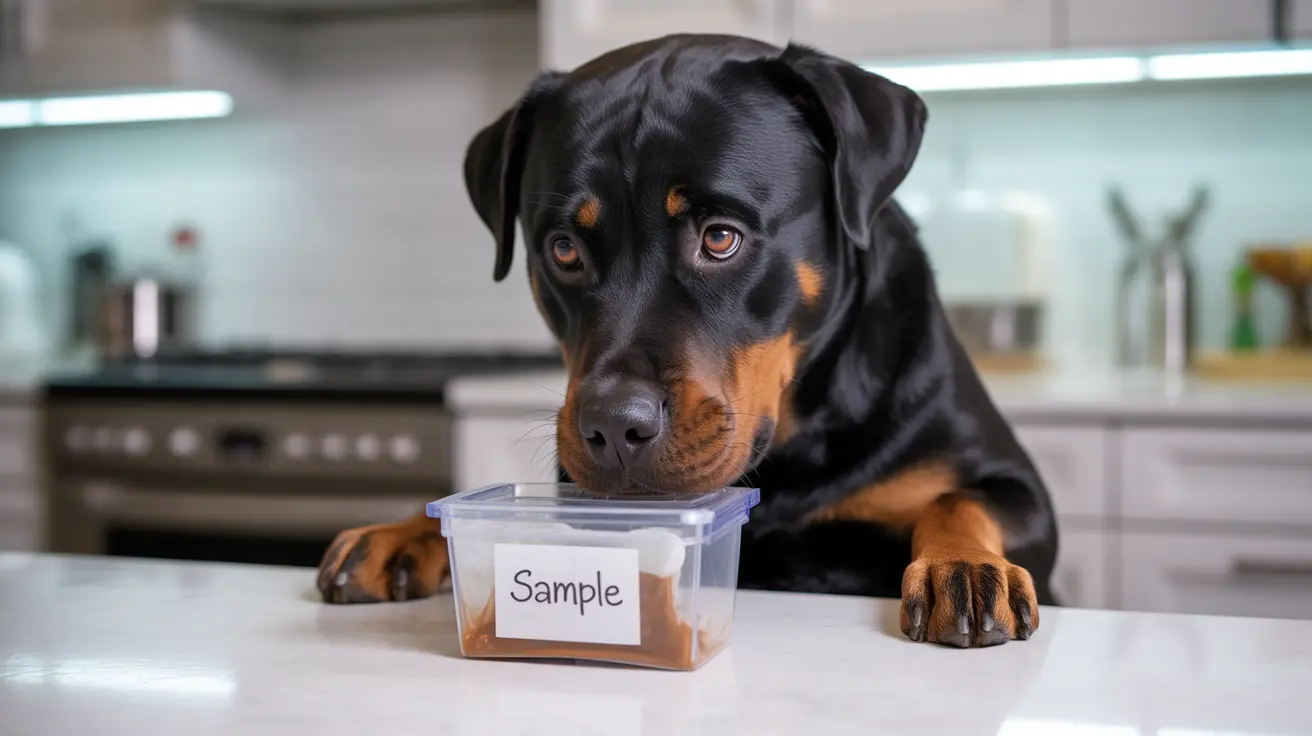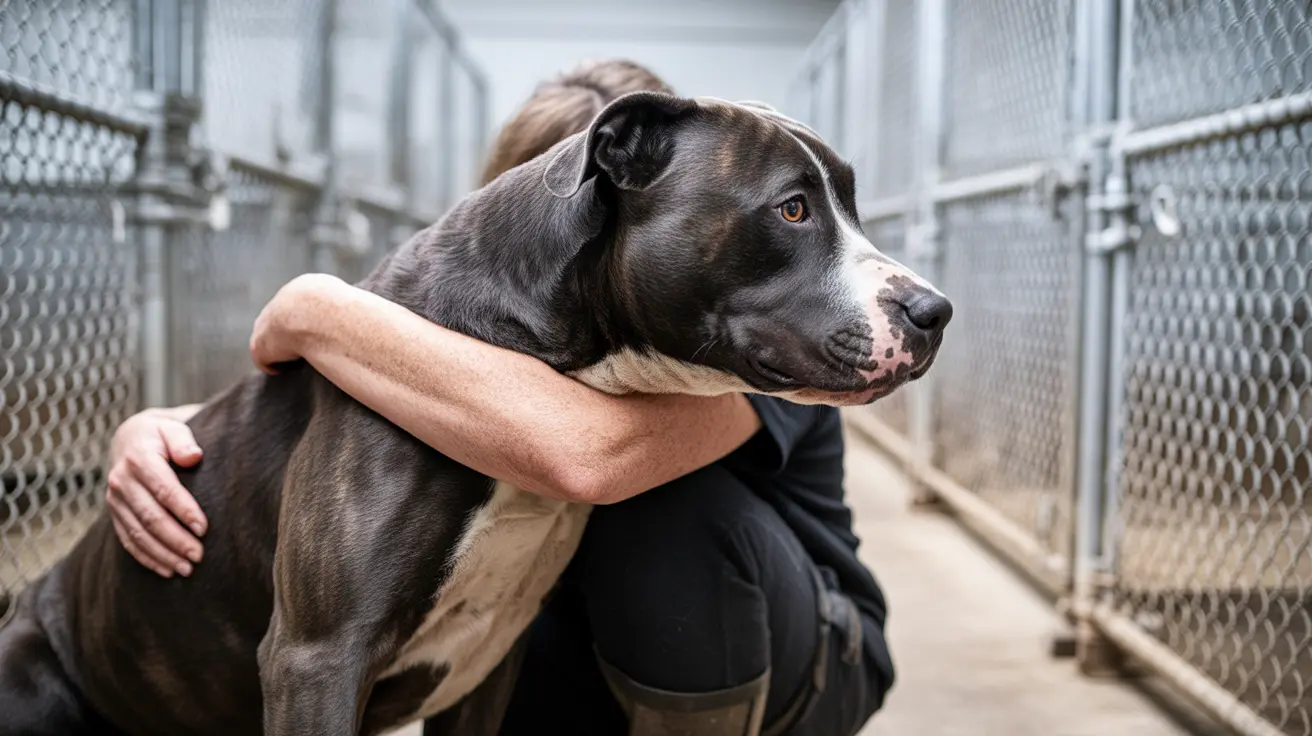Understanding the Importance of Proper Stool Sample Storage
When your veterinarian requests a fecal sample from your dog, proper collection and storage become crucial for accurate test results. The question of whether dog poop needs to be refrigerated depends on several factors, primarily the time between collection and testing.
Fecal testing is a vital diagnostic tool that helps veterinarians detect intestinal parasites and other gastrointestinal issues. Understanding how to properly handle and store these samples can make the difference between accurate and compromised test results.
Timing and Fresh Sample Collection
The freshest samples provide the most accurate results. Ideally, collect the sample within 6 hours of your veterinary appointment. Fresh samples allow veterinarians to detect parasitic eggs and larvae that might otherwise deteriorate or hatch over time.
When collecting the sample, aim for about a teaspoon-sized amount (roughly the size of a sugar cube). Use a clean plastic bag or container provided by your veterinarian, and always wear gloves during collection to maintain proper hygiene.
Storage Temperature Guidelines
If you're taking the sample to the vet within a few hours, room temperature storage is perfectly acceptable. However, if you need to store the sample for longer periods, refrigeration becomes necessary to preserve its diagnostic value.
Here's a breakdown of storage timeframes:
- Room temperature: Viable for 3-5 hours
- Refrigerated: Viable for 12-24 hours
- Never freeze the sample, as this can destroy parasitic structures
Safe Storage Practices
When refrigeration is necessary, double-bag the sample to prevent contamination. If using your home refrigerator, keep the sample well-sealed and separated from food items. Some veterinarians recommend against storing samples in home refrigerators due to potential contamination risks.
Consider these alternative storage solutions:
- Use a separate mini-fridge if available
- Store in a garage refrigerator
- Keep in a cooler with ice packs
Transportation Tips
When transporting your dog's fecal sample to the veterinarian:
- Use leak-proof, sealed containers
- Double-bag for extra protection
- Label with your dog's name, collection date, and time
- Keep the sample cool during transport if possible
- Deliver to the vet's office as quickly as possible
Frequently Asked Questions
Does dog poop need to be refrigerated if I'm taking it to the vet the same day?
No, if you're taking the sample to the vet within 3-5 hours of collection, room temperature storage is fine. Just keep it in a sealed container away from direct sunlight and heat.
How do I collect a fecal sample from my dog for a vet visit?
Use a clean plastic bag or container, wear gloves, and collect about a teaspoon-sized amount of fresh stool. Seal the container immediately and label it with your dog's information.
What is the best way to store a dog stool sample if I won't see the vet for a few hours?
If the wait will be more than 5 hours, refrigerate the double-bagged sample. For shorter periods, room temperature storage in a sealed container is acceptable.
How long can a dog stool sample be stored before it becomes unusable for testing?
Refrigerated samples remain viable for 12-24 hours. Room temperature samples should be tested within 3-5 hours. After these timeframes, the sample's diagnostic value decreases significantly.
Can I store my dog's stool sample in my home refrigerator if I need to refrigerate it?
While possible, it's not recommended due to contamination risks. If you must use your home refrigerator, ensure the sample is thoroughly double-bagged and kept away from food items. Consider using a separate mini-fridge or cooler with ice packs instead.
Conclusion
Proper storage of your dog's fecal sample is essential for accurate test results. While refrigeration isn't always necessary for same-day testing, it becomes important for longer storage periods. Always follow your veterinarian's specific instructions and prioritize quick delivery of the sample when possible.






